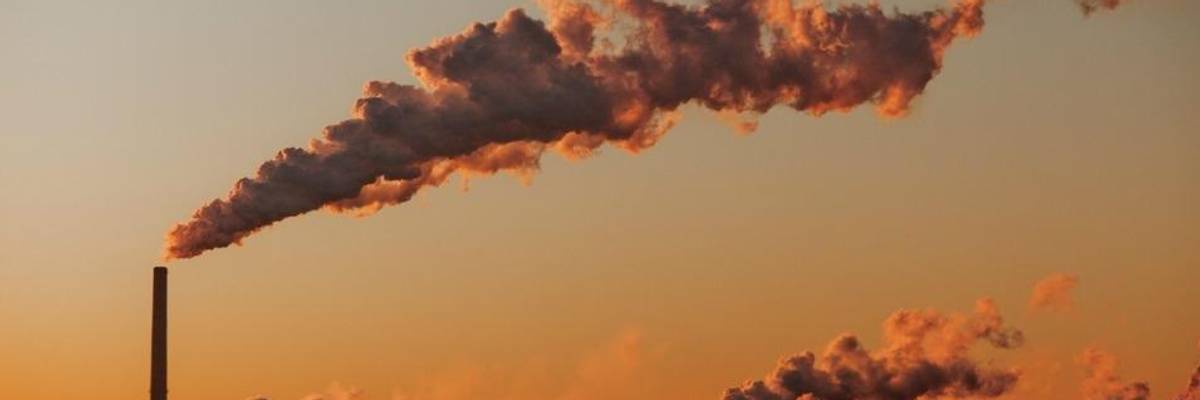On Monday, the Environmental Protection Agency declined to put in place stricter regulations on coal. This is despite the evolving evidence that air pollution is correlated with worse Covid-19 outcomes.
Ecological studies have shown that even a small increase in exposure to particulate matter of 1 ug/m3 (PM2.5) in the air leads to an 8% increase in Covid-related mortality. A study out of Yale yields similar findings that improved air quality during the quarantine period in China avoided a total of 8,911 NO2-related deaths, 65% of which were from cardiovascular diseases (hypertensive disease, coronary heart disease, and stroke) and chronic obstructive pulmonary disease (emphysema and bronchitis).
The urgency of improving public health could not be more obvious at the present moment where Covid-related deaths near a quarter million at the writing of this article. Yet the present administration has engaged nature in battle with a series of ill-advised policies targeting environmental protections from siding with fossil fuel industry to pulling out of the Paris agreement.
In April 2020, the Trump administration rolled back regulations on automobile emissions even though their own analysis Safer Affordable Fuel Efficient (SAFE) Vehicles Rule, issued by the EPA and the Department of Transportation, suggested there would be an increase in premature deaths between 444 and 1,000. In 2018, the White House weakened rules on carbon pollution from coal-fired power plants, a move which the EPA estimated (pdf) would cause an additional 1,400 premature deaths annually.
The administration is rolling back more than 100 environmental rules and regulations over four years, 27 of which involve air pollution and emissions. While the courts have overturned a handful of these, the assault on protections is left in place for the many with 84 rollbacks already completed (pdf).
The pandemic has laid bare entrenched inequality in the United States and those most vulnerable to Covid-19 are often those most at risk from pollution and climate change. Studies before the pandemic have shown the effect of pollution on pre-existing lung conditions. Communities already disenfranchised are bearing a disproportionate burden of the disease from exposure, comorbidities, and often from working as essential employees. Poor neighborhoods and communities of color are frequently exposed to higher levels of air pollution than more affluent communities.
Increasingly, people are voicing their concern. According to Associated Press exit polls from this year's election, 70% of Americans are concerned about the effects of the climate crisis.
Our hospitals are at capacity. Covid-19 is a public health emergency immediately and climate change is arguably the most consequential public health crisis of all time. Addressing emission standards, pollution, and environmental protections are not abstract chess moves that may or may not help at some point in the distant future. They are necessities now.




